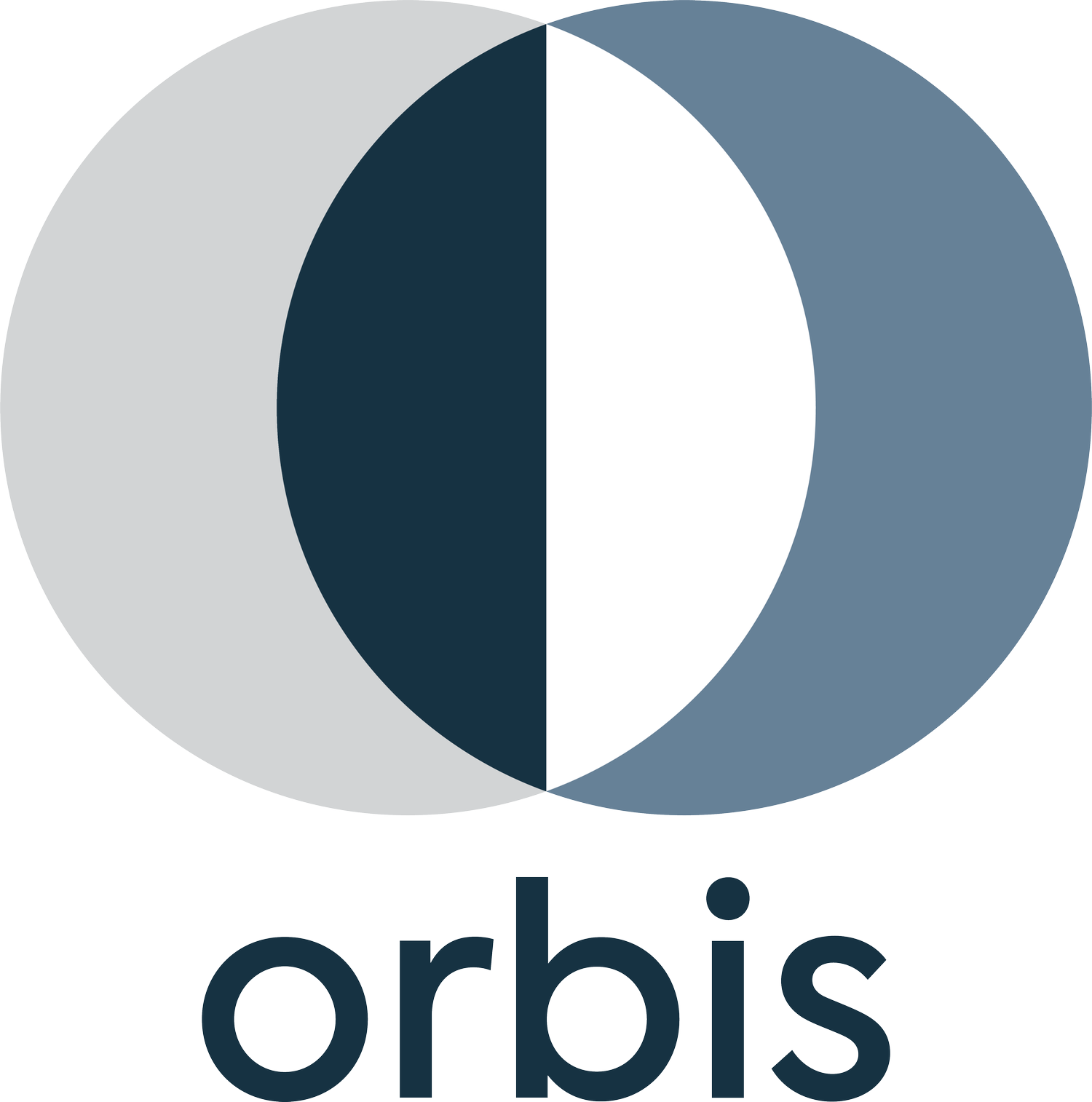CDP Reporting: What it is, why it matters, and how we can help
You can’t manage what you don’t measure.
If your business is seeking to understand its sustainability strengths and weaknesses and reduce its environmental impact, CDP reporting is an excellent place to start. CDP focuses strongly on greenhouse gas (GHG) emissions, and calculating your GHG footprint lies at the core of a robust sustainability strategy. Before a business can decarbonise, it must first identify its sources of emissions. Once this pivotal step is taken, the full path towards net zero eases into view.
CDP Overview
CDP is the global standard for corporations and governments to disclose their environmental impacts. More than 23,000 companies, accounting for two-thirds of global market capitalisation, report through CDP. This tally continues to grow as consumers, investors, and other stakeholders increasingly expect companies to measure and manage their environmental impact.
Orbis Advisory can accelerate your company’s progress on any part of the CDP process. CDP disclosure is beneficial in its own right; it prepares your company to comply with ESG regulations, such as the GHG Protocol, Task Force on Climate-related Financial Disclosures (TCFD), and Corporate Sustainability Reporting Directive (CSRD), whose data requirements overlap significantly with CDP inputs.
Disclosing also allows your company’s ESG performance to be more easily evaluated by consumers and investors via your CDP score. Scores range from A to D- and provide a snapshot of a company’s disclosure and environmental performance. A high score is awarded to companies that track and manage their business’ material environmental impacts and implement ambitious action plans addressing climate change, deforestation, and water security.
At Orbis Advisory, we can help your company navigate the CDP scoring criteria and use our in-house score estimation tool to give you confidence your data submission will yield a positive result. 2023 scores have recently been released, and now is the time to begin preparing your 2024 CDP disclosure – starting early is key to thoroughly measuring and articulating your company’s ESG efforts.
CDP Reporting Frameworks and Future Updates
CDP offers three reporting frameworks: standard, minimum, and small and medium enterprises (SME)-specific. The standard framework is the most comprehensive and common questionnaire for companies to fill out; if your company has been requested to report through CDP, the standard questionnaire is typically the one to use. The minimum framework requires fewer disclosures, but commensurately, companies reporting under the minimum framework are capped and cannot score an ‘A’. Until recently, CDP has only offered standard and minimum questionnaires, but SME-specific guidance is gradually being rolled out this year.
CDP is in the process of revamping its submission system to incorporate Forest and Water Security topics within the main Climate Change questionnaire and will soon be publishing updated 2024 guidelines. Orbis Advisory is on top of the latest CDP developments and will help your company stay ahead of the competition.
Taking Action
Orbis Advisory offers tiered Gold, Silver, and Bronze service lines to suit your business’ CDP needs. Packages range from a light level of support and score checks to comprehensive submission support plus a ‘Risks & Opportunities’ workshop.
All companies have a role to play in limiting global temperature rise to 1.5°C. Please get in touch to learn more about how Orbis Advisory can support your company to measure its emissions, manage its environmental action plan, take the reporting burden off your in-house team, improve your score, and ultimately, make a difference in creating a more sustainable world for all.

